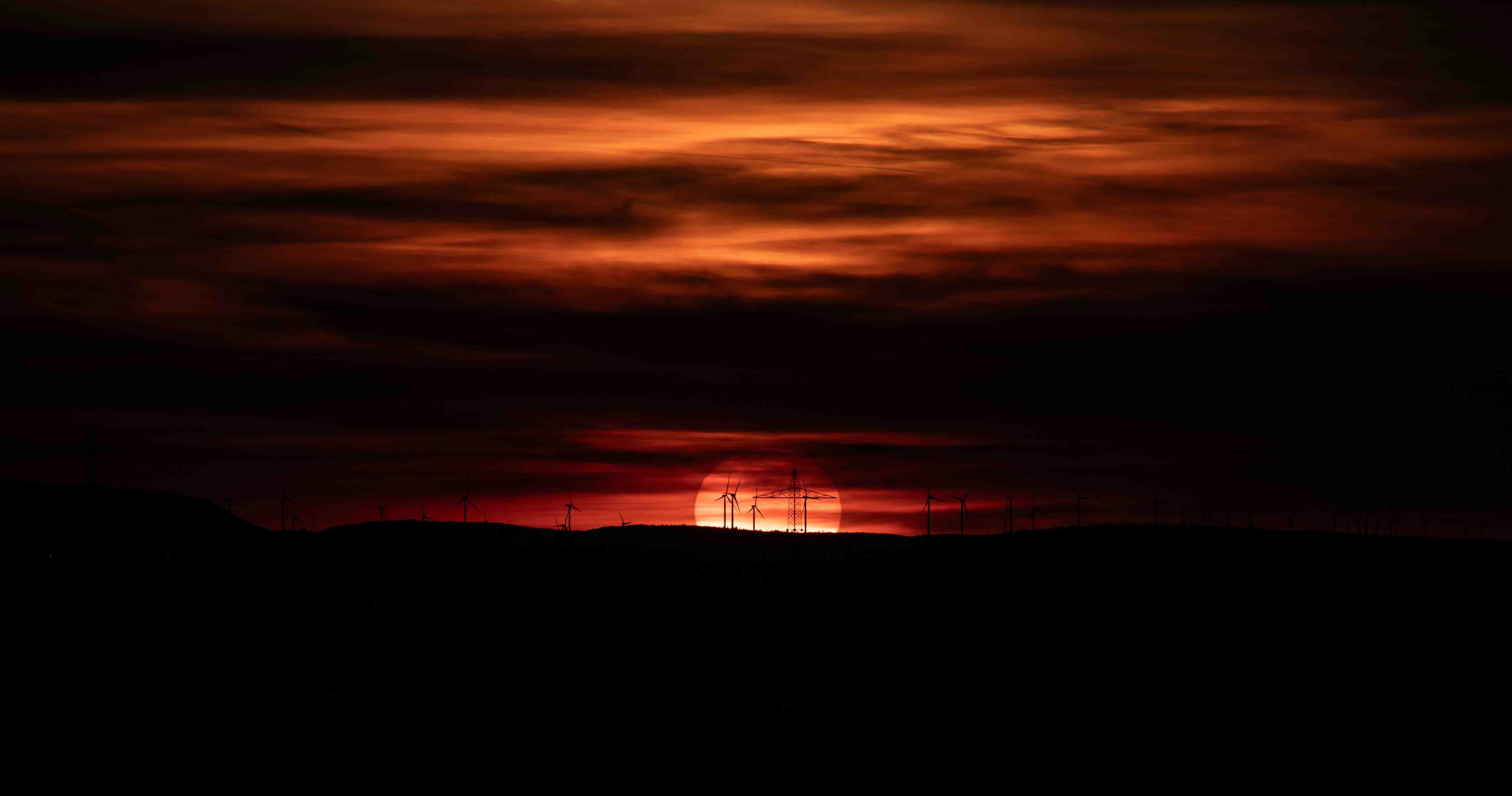In an era marked by rapid technological advancement and shifting cultural landscapes, revisiting classic television shows can offer a unique lens through which to examine contemporary societal norms. One such show, “The Twilight Zone,” originally aired from 1959 to 1964, has long been lauded for its ability to weave thought-provoking narratives that challenge the status quo. Created by Rod Serling, the anthology series deftly combined elements of science fiction, fantasy, and psychological thriller to explore themes of prejudice, conformity, and existential dread. But as society continues to evolve, one must ask: does “The Twilight Zone” still possess the power to challenge today’s societal norms? This article seeks to critically assess the enduring relevance of the show, considering whether its iconic episodes still resonate with modern audiences and provoke introspection and discourse on the issues we face today. Through an exploration of its timeless themes and their applicability to contemporary contexts, we aim to determine if this classic series remains a potent catalyst for societal reflection and change.
Exploring The Twilight Zones Enduring Influence on Contemporary Society
The enduring legacy of The Twilight Zone is evident in its ability to continually resonate with modern audiences, challenging societal norms through its allegorical storytelling. At its core, the series was a mirror reflecting the societal anxieties and moral dilemmas of its time, often exploring themes that were considered taboo or controversial. In today’s world, these themes are still relevant, as they push us to question the status quo and examine our own biases. The show’s unique approach to storytelling, often through a science fiction or fantasy lens, allows for a critical examination of human nature and societal constructs without the constraints of reality.
- Questioning Authority: The series frequently explored the consequences of blind obedience to authority, a theme that remains pertinent in discussions about governmental and institutional power today.
- Social Inequality: Episodes often highlighted issues of class and race, forcing viewers to confront uncomfortable truths about inequality.
- Technology and Humanity: In an era dominated by technological advancements, the show’s cautionary tales about technology’s impact on human relationships and ethics are more relevant than ever.
In essence, The Twilight Zone serves as a timeless critique of societal norms, encouraging viewers to reflect on the complexities of human behavior and the world around them. Its ability to provoke thought and discussion about these enduring issues underscores its influence on contemporary society.
Analyzing the Relevance of The Twilight Zones Themes in Modern Times
The Twilight Zone, a groundbreaking anthology series, masterfully wove narratives that often held a mirror to societal norms and human nature. Themes such as fear of the unknown, conformity, and the fragility of human morality continue to resonate today. In an era defined by rapid technological advancements and social upheaval, these themes are as pertinent as ever. The show’s exploration of technology’s potential to both connect and isolate reflects current anxieties about social media and artificial intelligence. Similarly, its stories about conformity challenge us to question the pressures of societal expectations, particularly relevant in today’s globalized world where cultural and social identities are constantly negotiated.
- Fear of the Unknown: Modern societies grapple with fears surrounding climate change, pandemics, and geopolitical instability.
- Conformity: The pressure to conform to societal standards remains a powerful force, influencing everything from fashion to political beliefs.
- Technology and Isolation: As digital communication dominates, the series’ cautionary tales about technology’s isolating effects gain renewed significance.
Ultimately, The Twilight Zone’s enduring legacy lies in its ability to provoke thought and inspire dialogue about the human condition. Its narratives continue to challenge viewers to reflect on the values and assumptions that underpin society, urging a deeper examination of the world we inhabit.

Evaluating The Twilight Zones Role in Shaping Cultural Conversations
Since its debut in 1959, The Twilight Zone has served as a compelling medium for exploring and challenging societal norms. The series, with its blend of science fiction, fantasy, and psychological thriller elements, adeptly tackles themes that resonate across generations. What makes it remarkable is its ability to use speculative scenarios to mirror real-world issues, thus prompting viewers to question the status quo. From episodes that address racism and prejudice to those exploring the dangers of conformity, the show has been a relentless advocate for critical thought and self-reflection. Its narratives often end with a twist, leaving audiences pondering the underlying moral or social commentary.
The show’s format has proven to be an effective tool for cultural critique, as it presents complex issues in a digestible manner. Key elements that have contributed to its impact include:
- Allegorical Storytelling: By using allegory, the show circumvents direct confrontation, allowing viewers to engage with sensitive topics without feeling defensive.
- Moral Ambiguity: Episodes often avoid clear-cut resolutions, encouraging audiences to explore multiple perspectives.
- Character Archetypes: The use of familiar character types facilitates an easier connection with viewers, enabling deeper engagement with the narrative’s themes.
While contemporary television offers a plethora of content addressing social issues, the timeless appeal of The Twilight Zone lies in its pioneering approach to cultural discourse. Its continued relevance in modern conversations about societal norms is a testament to its enduring power to challenge and provoke thought.

Recommendations for Reviving The Twilight Zones Impact on Current Societal Norms
The cultural resonance of The Twilight Zone can be rekindled through strategic adaptations that align with contemporary societal issues. To achieve this, creators should consider focusing on several key elements:
- Modern Storylines: Integrate current social dilemmas such as digital privacy, climate change, and social justice into episodes. This ensures the content remains relevant and thought-provoking.
- Diverse Representation: Cast a wider array of characters to reflect the multifaceted nature of today’s society. Highlighting varied perspectives can create richer narratives that resonate with a broader audience.
- Interactive Experiences: Utilize technology to offer interactive storytelling options, such as choose-your-own-adventure formats, which engage viewers in a more personal and impactful way.
By embracing these strategies, The Twilight Zone can once again become a powerful medium for challenging societal norms and sparking critical conversations. Emphasizing these aspects will not only honor the original series’ legacy but also ensure its continued relevance and impact.
